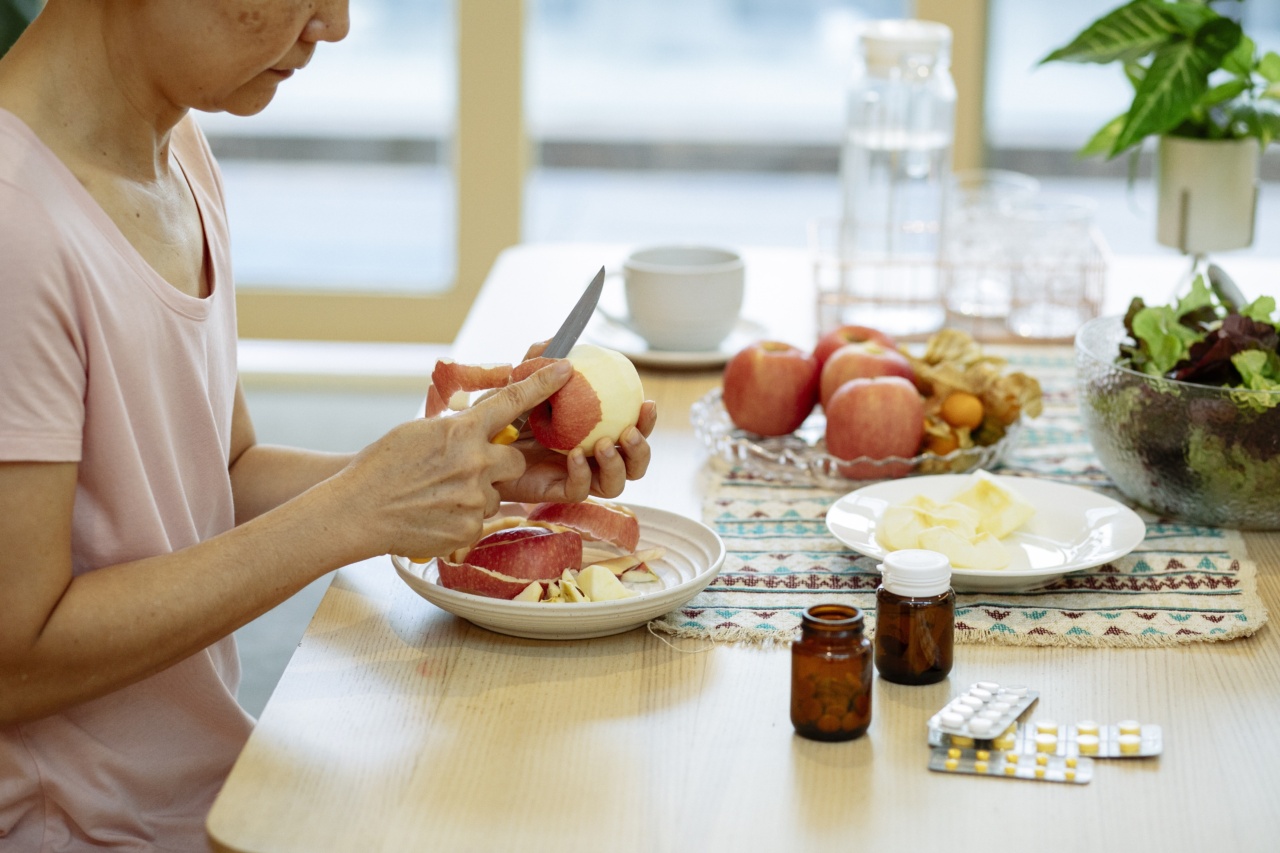If your dog has been diagnosed with Kalazar, they require special attention to their diet. Kalazar, also known as Leishmaniasis, is a parasitic disease that can affect your dog’s internal organs.
While medication and treatment are essential, a proper diet can help accelerate the healing process and improve your dog’s overall health. In this article, we will discuss some diet tips for your sick pooch.
1. Protein-rich Diet
Dogs suffering from Kalazar have a weakened immune system, which makes them more susceptible to infections. A protein-rich diet can help your dog’s body fight infections and heal better.
Include lean meat, eggs, and fish in your dog’s diet to provide them with high-quality protein. You can also consider plant-based protein sources like beans and quinoa if your dog prefers vegan food options.
2. Fatty Acids for a Healthy Coat
One of the symptoms of Kalazar is hair loss and a dull coat. Omega-3 and omega-6 fatty acids are essential for maintaining healthy skin and coat. Include fatty acids in your dog’s diet by adding fish oil, flaxseed, or chia seeds.
You can also look for dog food that contains these fatty acids.
3. Vitamin C for Immune Health
Vitamin C is an antioxidant that can help boost your dog’s immune system. Kalazar can cause damage to your dog’s internal organs, and vitamin C can help prevent the oxidation of cells.
Include vitamin C-rich foods like kale, bell peppers, and citrus fruits in your dog’s diet. You can also consider vitamin C supplements if your vet recommends them.
4. Probiotics for Digestive Health
Dogs suffering from Kalazar often experience digestive problems like diarrhea. Probiotics can help improve your dog’s digestive health and strengthen their gut microbiome. Yogurt, kefir, and other fermented foods are good sources of probiotics.
You can also consider probiotic supplements if your dog is not fond of dairy products.
5. Limited Carbohydrates
While carbohydrates are an essential part of a dog’s diet, dogs suffering from Kalazar may have trouble digesting them. Carbohydrates can also increase the blood glucose levels in dogs, which can worsen the symptoms of Kalazar.
Limit the intake of carbohydrates in your dog’s diet and avoid foods like rice, wheat, and potatoes.
6. Plenty of Water
Dehydration is a common problem in dogs suffering from Kalazar. Make sure your dog has access to clean and fresh water at all times. Keep a water bowl within reach, and refill it periodically.
You can also add water to your dog’s food to keep them hydrated.
7. Small and Frequent Meals
Dogs with Kalazar often have a reduced appetite, and they may not be able to eat large meals. It’s better to feed your dog small and frequent meals throughout the day. This will help them get the required nutrients without causing them discomfort.
8. Avoid Unhealthy Treats
Avoid giving your dog processed treats or table scraps. These treats are usually high in calories and low in nutrients, which can worsen the symptoms of Kalazar. Stick to healthy treats like fresh fruits and vegetables or consider making homemade treats.
9. Consult with Your Vet
Your vet can provide you with a customized diet plan for your dog based on their specific needs and health condition. Make sure to consult with them before making any significant changes to your dog’s diet.
They can also recommend supplements or provide guidance on portion sizes.
10. Patience and Consistency
It’s essential to be patient and consistent when it comes to your dog’s diet. A healthy diet alone may not cure Kalazar, but it can speed up the healing process and improve your dog’s overall well-being.
Make sure to follow the diet plan recommended by your vet and monitor your dog’s progress.






























